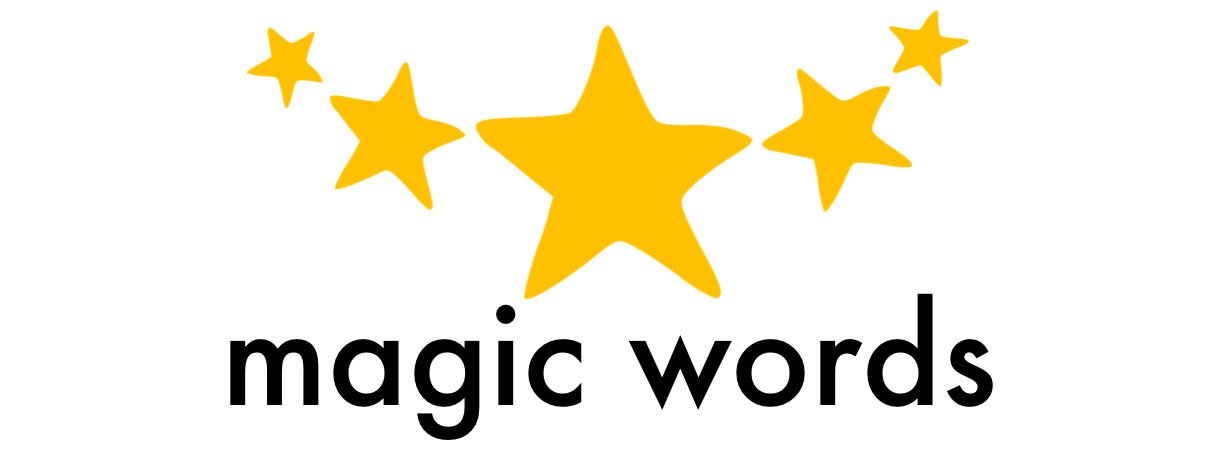By Speech and Language therapist Wai Seng Thong
Finding your authentic voice
While I was living and travelling around in East Asia, I met a variety of gender diverse people and I was astonished to hear that most of the Asian countries had no integrated care pathway in their health services for trans individuals. Trans people are a minority group in most societies who are facing severe discrimination. Their needs have been poorly understood, especially in East Asia.
Growing up, I had a couple of transgender friends and I saw them struggling, undergoing both physical and emotional stresses, making me constantly worried for them and wishing that I could help them through the crazy roller coaster ride of transitioning and struggling to find their authentic voice. I could not imagine how hard this must have been for them to confront this, while also having to face a lack of support from their families and prejudice from people in their communities. Becoming skilled at supporting trans people to find their true authentic voice became a goal in my career as a speech and language therapist.
Assessment
As a trans person, assessment of your voice, carried out by a speech and language therapist, will highlight which areas need to be focused on in voice therapy. You may already be aware of changes in your voice. The aim of therapy is to work towards a voice that is compatible with your chosen gender while bearing in mind the physical limitations of the vocal tract.
Therapy for Transmen (Female to Male)
One of the effects of testosterone is to deepen the voice. This deepening is a direct result of the vocal cords increasing in bulk. During the early stages of hormone treatment, the voice may be unpredictable and the muscles around the vocal cords will feel the strain. Voice therapy is therefore important to help achieve a smooth transition from the female to male pitch.
Therapy for Transwomen (Male to Female)
Oestrogen treatment has no significant impact on the voice as once a person who was born male has gone through puberty, the larynx will have lowered in the neck and increased in size, otherwise known as our voices ‘breaking’. Likewise, the testosterone that influences other bodily changes during male puberty also thickens the vocal cords which makes the voice sound deeper. This cannot be reversed with oestrogen treatment after a person has gone through puberty.
Although there are many challenges surrounding voice modification from male to female, with the right support and guidance from a speech and language therapist, any issues with the voice can be reduced and corrected.
I have found it to be very rewarding to work with transgender individuals in helping them to find a voice that matches the true them. Changes in voice can be achieved through specialist vocal exercises carried out under the guidance of your speech and language therapist. There are many aspects of the human voice that make listeners perceive it as either masculine or feminine.
These include:
Articulation patterns: the way we say certain sounds.
Intonation patterns: the ‘tune’ of our speech i.e. the ups and downs.
Volume: loudness or quietness of our voice.
Resonance: the sound quality of the voice and how it is filtered using our speech producing mechanisms in the face and other parts of the body.
Pitch: how high or low the voice is.
Communication aspects: timing and non-verbal skills e.g. eye contact, gesture etc.
A speech and language therapist will be able to support you by giving you a good understanding of how to look after your voice to achieve the most positive results and help you to understand how your voice works. Knowledge is power and these learnings should help you understand the rationales behind the vocal exercises and how they work. We aim to increase your knowledge, awareness and your expertise in your own voice and how to train it. As speech and language therapists one of our goals is to give you the autonomy, skills and knowledge needed so that you can make informed choices about how to proceed and progress effectively and healthily with your personal exploration of your own unique voice.
If you have been searching for your authentic voice, the voice that you feel most comfortable with, then speech and language therapy could be the right choice for you.
Find out more here https://www.magicwordstherapy.co.uk/transgendervoice







